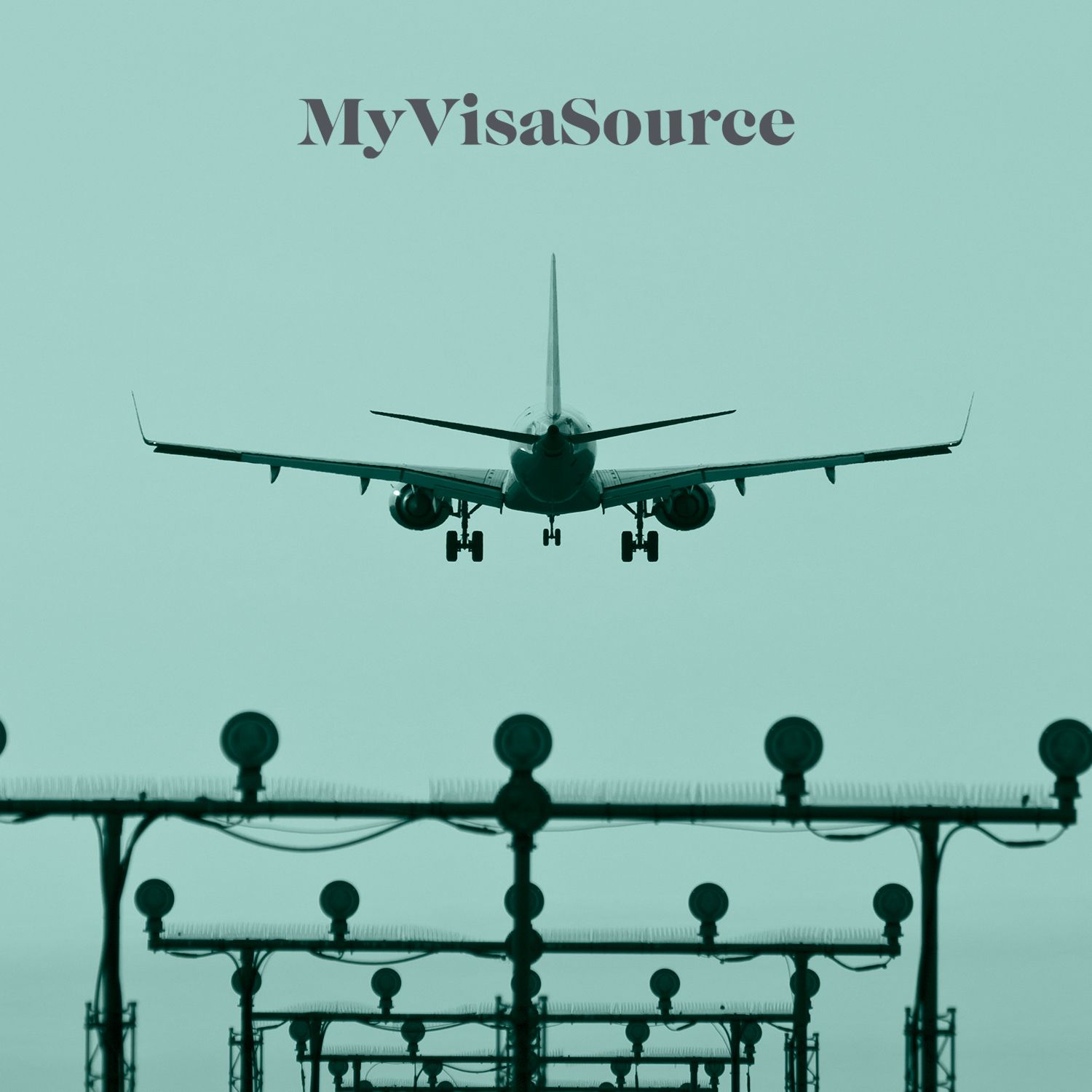The Immigration, Refugees, and Citizenship Canada (IRCC) will mail you a Permanent Resident (PR) card within 6 weeks of your becoming a Canadian permanent resident. A new permanent resident does not need to separately apply for a PR card. However, if you do not receive your PR card within this period, you must inform the IRCC.
If you are an existing permanent resident applying to renew your PR card, then your application will be processed within 180 days. You can check the IRCC Processing Times for updated time frames.
As a permanent resident, you are free to leave Canada and re-enter without any hassle as long as your trip abroad lasts less than 6 months. However, what to do if you are planning to travel abroad for more than 6 months? Do you need to make any additional arrangements?
The correct answer is that as long as you have a valid PR card, you should have no trouble returning from your travel abroad via car, bus, airline, or ship. However, you have to make sure that your PR card is valid. An expired PR card will make things complicated at re-entry.



















